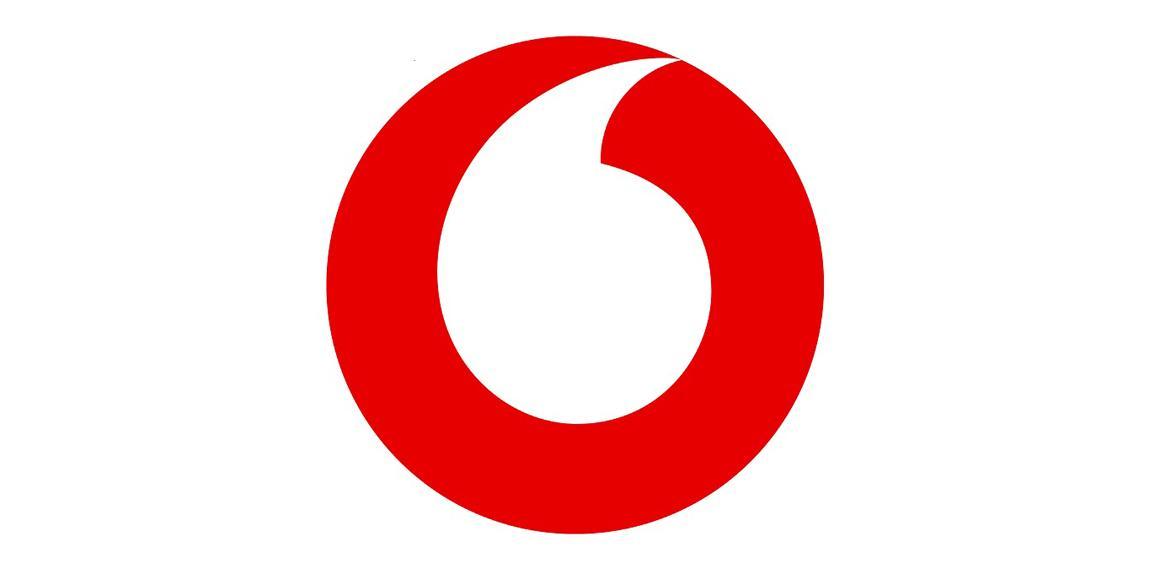The US is reportedly urging Vietnam to reduce its reliance on Chinese technology in electronics and other high-tech devices assembled in the country and exported to America.
This initiative forms part of broader efforts to restructure global supply chains and decrease dependence on Chinese high-tech components. Reuters, citing three sources familiar with the matter, reports that the push is part of ongoing trade discussions between the two countries.
Vietnam has been asked to "reduce its dependency on Chinese high-tech," one source stated.
"That is part of the restructuring of supply chains and would in turn reduce US dependency on Chinese components," the individual added.
A second source indicated that the move aims to accelerate US decoupling from Chinese high technology while enhancing Vietnam's industrial capacity. The source cited virtual reality devices as an example of products assembled in Vietnam that rely heavily on Chinese technology.
All sources stressed that, although the US has issued broader requests for Vietnam to lessen its dependence on China, the issue of Chinese high-tech content in exports remains "a key priority".
US technology firms such as Apple, Samsung, Meta and Google rely on Vietnam for the production and procurement of technology components. Contractors in the country manufacture goods including virtual reality headsets and smartphones.
Washington has intensified efforts to restructure global supply chains and reduce dependence on Chinese components, particularly in high-tech sectors.
Although Vietnam has expressed willingness to adapt its supply chains, the transition is expected to be gradual and would require substantial investment in domestic capabilities, according to one source.
The discussions are part of an effort to avoid the imposition of heavy US tariffs – potentially up to 46 per cent – on Vietnamese goods, a threat initially raised under the Trump administration.
Such tariffs could seriously undermine Vietnam's export-oriented economic model and damage one of its key export markets, particularly as trade with China remains significant.
Last year, Reuters reported that China exported approximately $44 billion worth of technology goods to Vietnam, accounting for about 30 per cent of its total exports to the country.
In return, Vietnam shipped $33 billion in tech products that were relabelled as “Made in Vietnam” in an effort to bypass tariffs.
The broadcaster added that Vietnamese officials acknowledged the issue and are intensifying controls.
The latest round of negotiations in Washington, held last week, was the third meeting focused on trade dependencies between the two nations.
Despite some progress, critical issues remain unresolved. No firm date has been set for the conclusion of an agreement, while the 8 July deadline approaches – after which the proposed tariffs could come into effect, Reuters reported.
Vietnamese prime minister Pham Minh Chinh is reportedly planning a visit to the US, although no date has been confirmed, Reuters added.
Latest News
-
Vodafone agrees to buy German cloud specialist Skaylink for €175m
-
Goldman Sachs conducts 'first' over-the-counter crypto trade with DBS
-
REWE West launches AI-powered autonomous robot to cook meals in supermarket
-
Character.ai bans chatbot service for under-18s
-
Australian Ubank introduces passkeys to online banking
-
DSIT announces £55bn for R&D research
The future-ready CFO: Driving strategic growth and innovation
This National Technology News webinar sponsored by Sage will explore how CFOs can leverage their unique blend of financial acumen, technological savvy, and strategic mindset to foster cross-functional collaboration and shape overall company direction. Attendees will gain insights into breaking down operational silos, aligning goals across departments like IT, operations, HR, and marketing, and utilising technology to enable real-time data sharing and visibility.
The corporate roadmap to payment excellence: Keeping pace with emerging trends to maximise growth opportunities
In today's rapidly evolving finance and accounting landscape, one of the biggest challenges organisations face is attracting and retaining top talent. As automation and AI revolutionise the profession, finance teams require new skillsets centred on analysis, collaboration, and strategic thinking to drive sustainable competitive advantage.
© 2019 Perspective Publishing Privacy & Cookies












Recent Stories